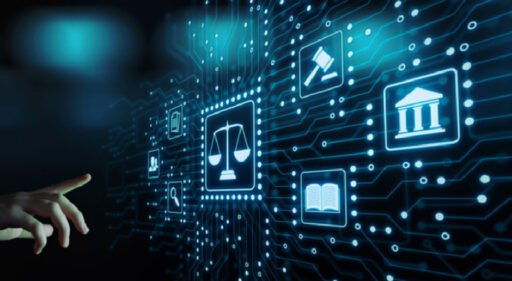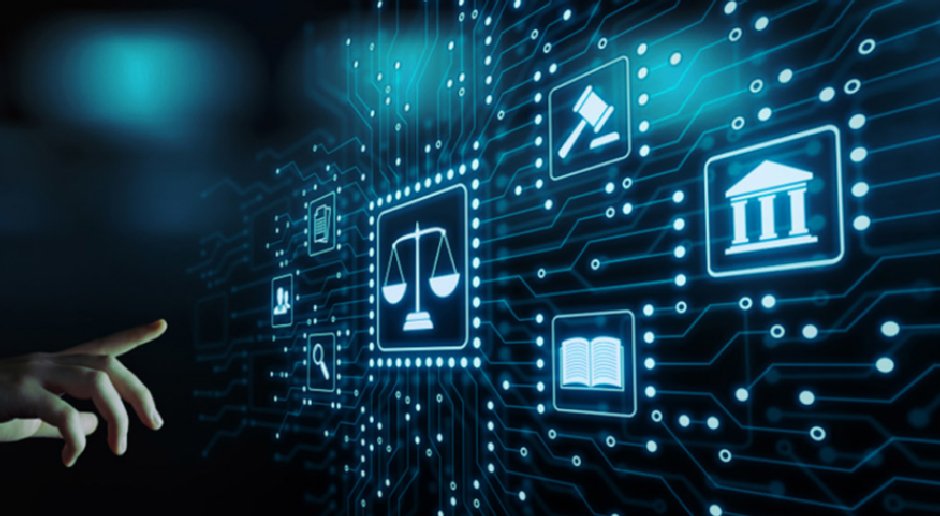A virtual dataroom (VDR) can benefit lawyers and legal protections in many ways. The room is designed to allow the secure sharing of information. VDRs offer absolute confidentiality, straightforward organizations, streamlined due diligence, and convenient centralization. Leading VDRs also offer enhanced communications. You can upload files, set restrictions, and invite members for instant access and collaboration.
What Is a Dataroom?
A virtual dataroom is a secure portal where you can share confidential information with partners and third parties. VDRs are popular for mergers and acquisitions, raising capital, bankruptcy and restructuring, and life sciences. The deal rooms offer sophisticated encryptions to protect users from cybersecurity threats, hackers, and unauthorized access.
You can upload unlimited files, including contracts, due diligence, and financial statements. The dataroom allows you to create permission restrictions and determine who can view, edit, download, and print specific files. Everything is stored in the cloud, so users can access information instantly and remotely using smartphones, tablets, and computers.
How Can a Dataroom Offer Legal Protections?
A virtual dataroom offers the most secure solution for sharing sensitive information. In the past, such rooms were physical premises guarded with multiple security levels, including guards, locks, and prompts. Virtual rooms use advanced encryptions and algorithms to keep unauthorized users at bay. Security is the main reason people use VDRs. Here are five benefits of virtual datarooms for legal protection:
1. Document Management
A VDR offers effortless document management and secure viewing. You can share, search, and manage pleadings, depositions, motions, legal research, and appellate records. The documents are also easy to organize, so you can create a structured hierarchy. Datarooms convert files to encrypted PDF formats and are optimized for secure browsing, continuous scrolling, and high-speed rendering. Legal teams can use them to manage different confidential documents.
2. File Sharing
The best VDRs make it easier to share confidential information with legal teams, clients, partners, expert witnesses, and other outside people. Datarooms also offer seamless tracking and document control. You can share confidential information with multiple parties and restrict what each group can achieve. Thanks to advanced tracking, some portals allow you to revoke access to files already downloaded to another device.
3. Audits & Activity Monitoring
A VDR offers detailed reports about the files uploaded to the portal. You can see who accessed the file, the pages they read, and how long they spent on each page.
Heat maps offer vivid visualization of user activity across the room. A detailed audit trail featuring page-level activity lets you determine which documents specific users have seen, downloaded, or printed. You can also notify users of new files they should view.
4. Workflow Streamlining
Legal protections and litigations require streamlined workflows from pre-discovery to case closure. Datarooms make it easier to organize and share large volumes of documents with partners, expert witnesses, and clients. You can make case preparation seamless, invite clients for discussions, and archive case details in the repository. Virtual deal rooms also allow setting access policies for uploaded files and eliminate the complexities of secure sharing.
5. Centralization & Communication
A legal VDR has a convenient dashboard harboring all the tools and features you need for file access management, task planning, and communications. You can make the due diligence process more transparent and eliminate the need for other services like emails. Datarooms can also facilitate data gathering, full-scale board meetings, live discussions, and more. Lawyers can use the rooms to enhance communications with clients, witnesses, and partners.
Use a Virtual Dataroom for Legal Protections
You can use a dataroom to store and share confidential documents used in legal protections and processes. The rooms offer information security through advanced encryptions, watermarks, and access restrictions. You can also benefit from enhanced document management and communications. Find a reputable company that provides a reliable dataroom for your needs.





